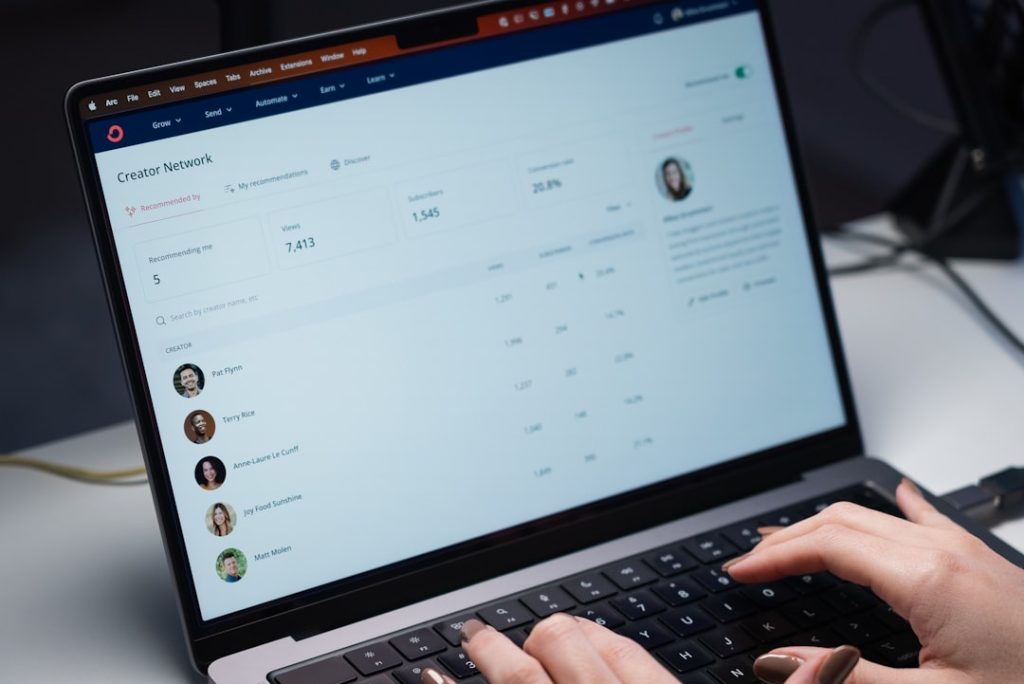Cybersecurity is serious business. But getting your services found online? That’s a whole different beast. If you run a cybersecurity company, you know how hard it is to get noticed in search results. You also know that sending the wrong signals can make spam filters go crazy. So how can you improve your SEO without raising red flags?
Let’s break it down into simple tips. We’ll keep it fun, honest, and safe for both search engines and inboxes. Buckle up!
Why SEO Matters for Cybersecurity
Let’s start with the “why”. If you’re selling cybersecurity services, your audience is probably searching for:
- How to protect my business from ransomware
- Best firewall for small business
- Cybersecurity audit services
If your website doesn’t show up when people type that in… well, they’ll find someone else. That’s where SEO (Search Engine Optimization) steps in. It helps your site appear higher on search engine result pages (SERPs).
The Cybersecurity SEO Challenge
Here’s the twist: cybersecurity SEO is tricky. You’re writing about viruses, hacking, firewalls, phishing, and cybercrime. Those words can trip spam filters faster than you can say “antivirus.”
Search engines and email providers have to be careful. They don’t want actual malicious content floating around. So your innocent guide on “How to Handle a Security Breach” could get flagged just because of the keywords.
So what can we do?
Smart SEO Strategies That Stay Friendly
Here are some safe and powerful strategies. These will help you rank high and stay out of the spam dungeon.
1. Use Keywords the Right Way
Don’t stuff your page with scary terms. Spread them out naturally. Here’s what to do:
- Use primary keywords in titles and headers.
- Mix in LSI (Latent Semantic Indexing) keywords—these are related phrases.
- Keep the tone educational and helpful.
For example, instead of repeating “ransomware” 10 times, try variations like:
- ransomware attack response
- protect against malicious software
- secure file backups
This keeps content readable and filter-safe.
2. Build Reputation with Content
Search engines love trust. You earn it by creating quality content that educates.
Write blog posts on:
- How to prevent phishing emails
- Steps for a safe remote work setup
- Best cybersecurity practices for 2024
And guess what? These types of posts often attract links. That means better SEO rankings!
3. Don’t Act Like a Hacker
Don’t use shady SEO tricks. If you try manipulating rankings with black-hat tactics like cloaking, stuffing, or link farms—Google will notice. And penalize you.
If your meta descriptions sound like phishing bait, email filters will block your deliverability. Use clear, honest language. For example:
Not this: “You MUST read this now! Your system is infected!”
Try this instead: “Learn how to identify and stop security threats.”
Words matter. A lot.
4. Keep Titles and URLs Clean
Avoid overusing trigger phrases in your URLs and headers. This helps both search engines and email providers trust your content more.
Bad: /hacking-virus-malware-free-removal-software
Better: /cybersecurity-solutions-for-business
Clear, helpful URLs win every time.
5. Focus on User Experience
If people stay on your site longer, search engines take that as a good sign. Here’s how to keep them around:
- Use short paragraphs.
- Add bullet points and bold text.
- Insert images and visuals.
- Make your site mobile-friendly.
Bonus Tips for Avoiding Spam Filters
If you’re sending out email newsletters or cold outreach about your services, pay attention here!
1. Avoid Spam Trigger Words
Good rule: If it sounds like clickbait, don’t use it. Words like “free,” “urgent,” “guaranteed,” and “risk-free” can land you in the junk box.
Instead, focus on providing real value.
2. Personalize Your Outreach
“Hi there” blasts don’t work. Try this:
Hi Sarah—
I saw your company is growing its remote team. We help businesses secure their remote networks affordably.
This approach feels human. Spam filters agree.
3. Use Trusted Tools and Services
Send emails from verified domains. Use platforms with good reputations (like Mailchimp, HubSpot, or ConvertKit). Add unsubscribe links. All of these make your emails more trustworthy.
Local SEO for Cybersecurity Companies
If you’re servicing a specific area—say, “Los Angeles Cybersecurity Services”—then local SEO is your best friend. Here’s how to boost that:
- Create a Google Business Profile.
- Collect local reviews.
- Add your location to page titles and meta descriptions.
- Join local business directories (with high-quality links).
Google will show your services to nearby searchers looking for help!
Use Schema and Structured Data
Want search engines to understand your cybersecurity site better? Add schema markup.
This code helps search engines see what your page is about. For example, if you add FAQ schema to a page, your answers might appear in search results (as rich snippets). That means better visibility and more clicks!
Test Everything
You don’t know what works until you test. Try different:
- Page titles
- Email subject lines
- Meta descriptions
- Call-to-action buttons
Use tools like Google Search Console, Ahrefs, or SEMrush to see performance. Track your keywords and tune accordingly.
Final Thoughts
You’re in a high-stakes industry. People are counting on you to protect data, networks, and reputations. Your website and content should reflect that same trust.
With thoughtful SEO, you can increase visibility without sending alarm bells to spam filters. Be honest. Be helpful. Be human.
Cybersecurity SEO doesn’t have to be scary. Just don’t act like a hacker, and your rankings—and reputation—will thank you.
Now go out there and conquer that search engine, one secure step at a time!
